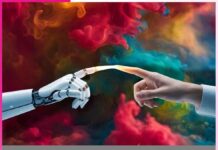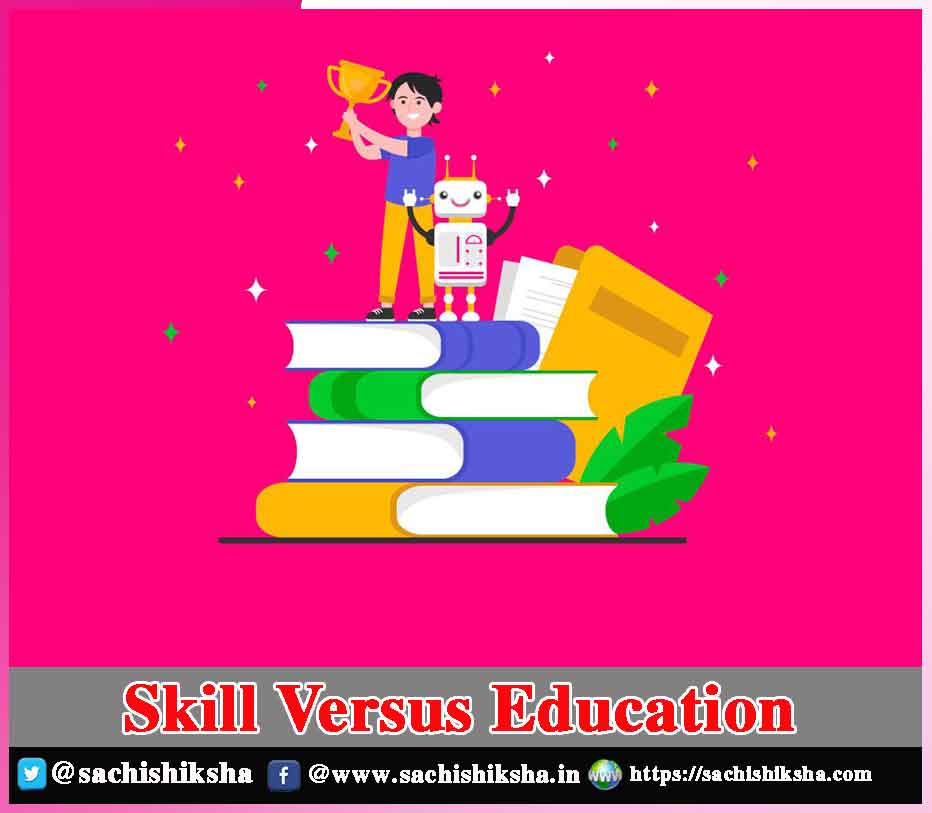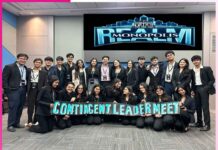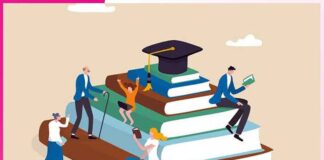Skill Versus Education
Introduction: Education and skills is essentially the same thing. To achieve goals in life, an individual must have a level of education as well as the ability. Knowledge without ability is as meaningless as ability without knowledge. Both need to be present in order to confirm the idea of the survival of the fittest.
Education is just the official evidence of an individual’s talent. Every person with the potential may not be able to obtain a degree. Likewise, not all degree holders are inherently competent. The level of training or expertise required is influenced by the company, the type of the position, and other factors.
Also Read:
- Online Education – A Challenge
- Free Education in Germany
- Online Learning- Pros and Cons
- Online Classes Bane or Boon?
- Online Academics – Great Chance to Study from Harvard
Table of Contents
Education a Genuine Evidence of One`s Competence:
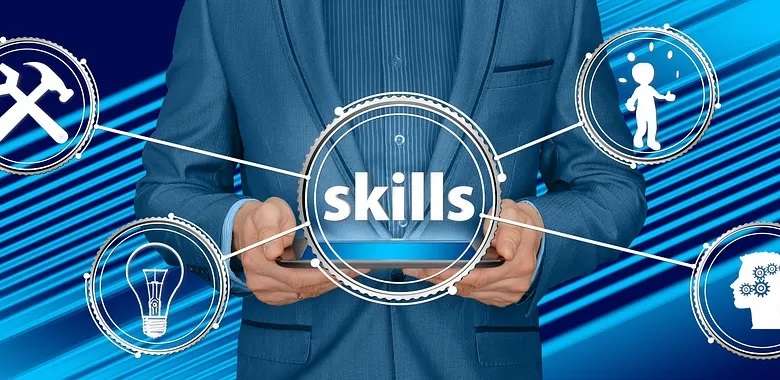
Information System & Creativity:
Skills are more vital than information in today’s environment. Knowing a lot of facts is amazing, but not really practical. It is far more important to be able to find out information rapidly, organize that knowledge, evaluate and comprehend the important components, combine diverse bits of knowledge, and generate new data. These talents, when combined, constitute what we term information systems and creativity, which is highly sought after in the business world.
Skill Inculcation Necessary After Achieving a Degree:
Education for the purpose of achieving a degree is not beneficial, especially given the rise in professional unemployment throughout the country, which necessitates a more in-depth examination of what dictates the goals and objectives of learning at the individual and national levels.
A degree is unquestionably a proof of secondary qualifications, but it does not ensure opportunities for personal growth, societal cohesion, or financial independence. Whereas the necessity for skill inculcation has also always found room in variety of educational policy papers since Independence.
University Education & Skill Education:
Education, notably university education, must react to a broader set of aims and must assist learners achieve greater life concepts. Its importance in country and social advancement should not be underestimated. Whereas skill education is essential, university education must be focused on learning, absorption, development, innovation, and novelty are all important. Experience and understanding based education comprises intensive book study, with a focus on the ‘examine and document’ method. It is widely used in schools and other educational settings and is based on actual memorization.
Skill-based Learning:
Skill-based learning, in contrast hand, believes that real-life practice is at the heart of superior learning. The ethos here is ‘acquiring while doing,’ which extends further than the bounds of the blackboard to really learning new abilities through practise.
Theoretical & Practical:
Observing, writing, feeling, and other perceptual inputs equip an individual with information, which can be exchanged between individuals or learned by oneself. Acquiring a skill, on the other hand, results from adapting information to specific situations using a blend of perceptual input and output. So, information is theoretical, whereas skills are actual.
Competence Learning:
In recent times, there has been a definite shift towards competence learning, aside from centuries of focusing solely on information and scores. Students are no longer taught how and where to apply knowledge to real-world circumstances by zero-skill subject matter experts. Exploration is encouraged rather than spoon-feeding. Aside from training programs, schooling, character building, mentoring, and expeditions to acquire skills outside of the multiple curricula are also available.
Cognitive Ability:
Academic approaches and activities must help students develop the necessary abilities and behaviors. Rather than spoon-feeding, provide access to helpful resources and explain how to use them. Improve conflict resolution skills through critical conversation and discussion, conduct research study by promoting a broader pool of sources, and improve cognitive abilities such as thinking, which standard assignment and material do not promote.
Education For Self-actualization:
Education for the purpose of knowledge and its development leading to learner self-actualization must be at the centre of learning’s broader aspirations, which should also be reflected in its sharper goals. It not only needs to answer personal, societal, local, or national demands, but also to global realities and the students’ objectives.
Conclusion: To conclude, obtaining a degree denotes formal schooling but does not guarantee self – growth, societal cohesion, or financial stability. Skill education is critical for actual result education. As a result, we may conclude by stating that education is the first step in the ladder of talents that contributes to major accomplishment in life of individuals.








